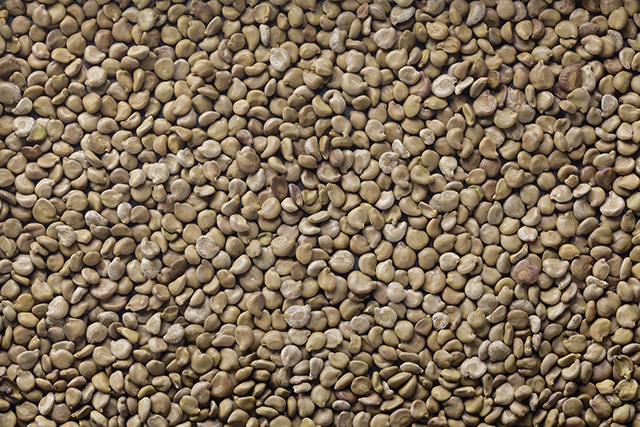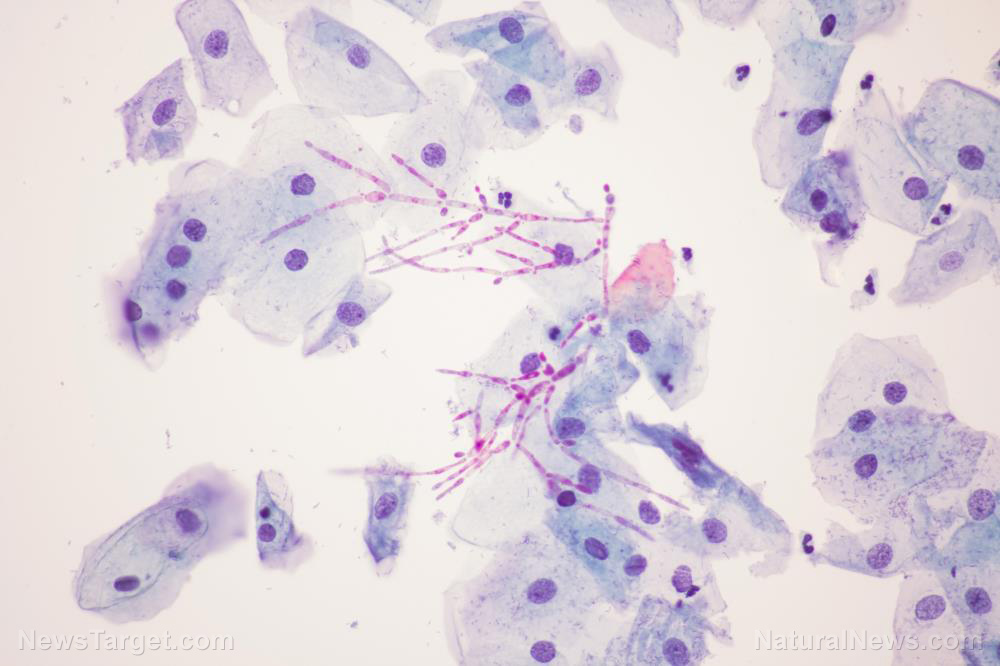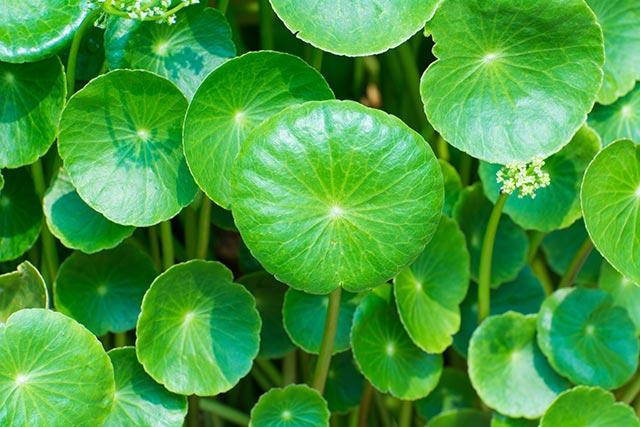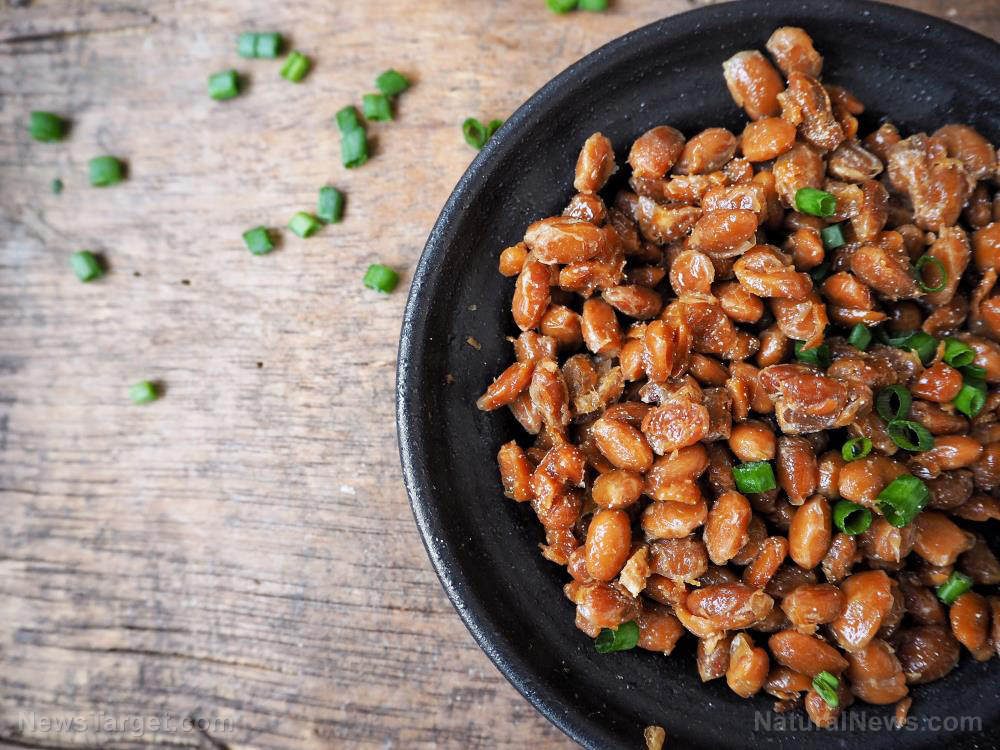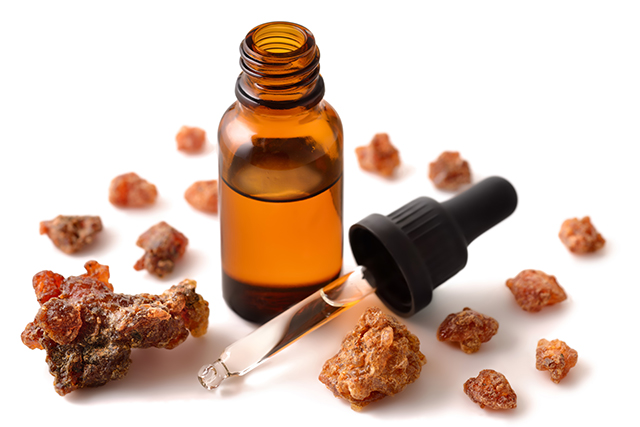Study proves the gastrointestinal benefits of curcumin
11/20/2018 / By RJ Jhonson

Curcumin can help improve gastrointestinal function, according to a study published in the Journal of Medicinal Food, adding yet another item to the already long list of health benefits from this turmeric-derived compound.
The gastrointestinal tract performs a very vital function. Apart from extracting nutrients from the food you eat, it also helps rid your body of potentially toxic waste materials. For this reason, keeping it healthy is one of the most important steps to ensuring good overall health.
To uncover the benefits that curcumin has on gastrointestinal function, the researchers conducted an in vivo and an in vitro study. Their in vivo study looked at the effects of curcumin on gastric emptying and intestinal propulsion rates of mice. They discovered that administering 200 mg/kg per day can improve both gastric emptying and intestinal propulsion in mice delayed by atropine (ATR). Atropine is a drug whose effects include slowing down motility or bowel movement.
They observed the same effect after 15 days of treatment in mice delayed by L-arginine, an essential amino acid. L-arginine is crucial to the formation of proteins in the body, but in very large doses, it causes gastrointestinal problems, including diarrhea. Interestingly, these effects were not seen in mice with normal gastrointestinal propulsion.
For their in vitro study, they incubated isolated jejunum from mice with curcumin. The researchers observed that doing so reduced the spontaneous contractile waves of the jejunum (pertaining to how the tissue twitches and contracts in response stimuli like electricity) in a concentration-dependent manner.
What this means is that unlike the in vivo study which showed curcumin’s ability to accelerate gastrointestinal movement even when the tissues were forcibly relaxed and delayed by medication, the in vitro study showed the ability to reduce the movement of gastrointestinal tissue.
Because of these findings, the researchers concluded that curcumin has different effects on the gastrointestinal movement in vivo and in vitro. Moderate use of it by intragastric administration for more than 10 days, according to the authors, can be helpful in alleviating gastrointestinal disorders but does not offer any benefits for normal gastrointestinal propulsion.
The other health benefits of curcumin
Curcumin is a compound that is derived from the spice turmeric. It has been the subject of much discussion of late because of its many health benefits, including:
- It is anti-inflammatory – Inflammation is an important part of your body’s immune response. It plays an essential role in keeping your body safe from disease-causing invaders. However, inflammation that drags on for too long can cause a variety of diseases, including depression and heart disease. The natural anti-inflammatory effects of curcumin have been compared to those of synthetic drugs especially formulated for this purpose, but without any of the side effects.
- It boosts your antioxidant levels – Oxidative damage affects your cells and leads to various conditions, including Alzheimer’s and cancer. It happens when your body collects too many free radicals and can be treated only by having enough antioxidants. Curcumin is itself a powerful antioxidant, but it also gives your own body’s antioxidant enzymes a boost by enhancing their activity.
- It improves your levels of BDNF – Brain-derived neurotrophic factor is a type of hormone that facilitates the growth and development of new neurons. BDNF, therefore, is essential for proper brain function and for lowering the risk of cognitive decline. Curcumin is known to increase your body’s levels of BDNF. (Related: Curcumin targets aggressive and lethal forms of cancer while leaving noncancerous cells unharmed.)
- It helps prevent heart disease – As a powerful antioxidant, curcumin helps protect the cardiovascular system from damage caused by free radicals. There is one other way it leads to a healthier heart. Curcumin helps maintain optimal endothelial health. The endothelium is the layer that coats the inside of your blood vessels. It is essential to proper blood flow and damage to it has been linked to cardiovascular diseases.
- It helps treat depression – There are several ways that curcumin helps address depression. As an anti-inflammatory agent, it counters chronic inflammation in the brain that causes depression. It also boosts the levels of BDNF, too little of it is linked to an increased incidence of depression.
Learn more about curcumin and its benefits at Phytonutrients.news.
Sources include:
Tagged Under: atropine, curcumin, digestion, digestive health, digestive system, gastrointestinal function, gastrointestinal health, gastrointestinal movement, l-arginine, natural treatment, turmeric



